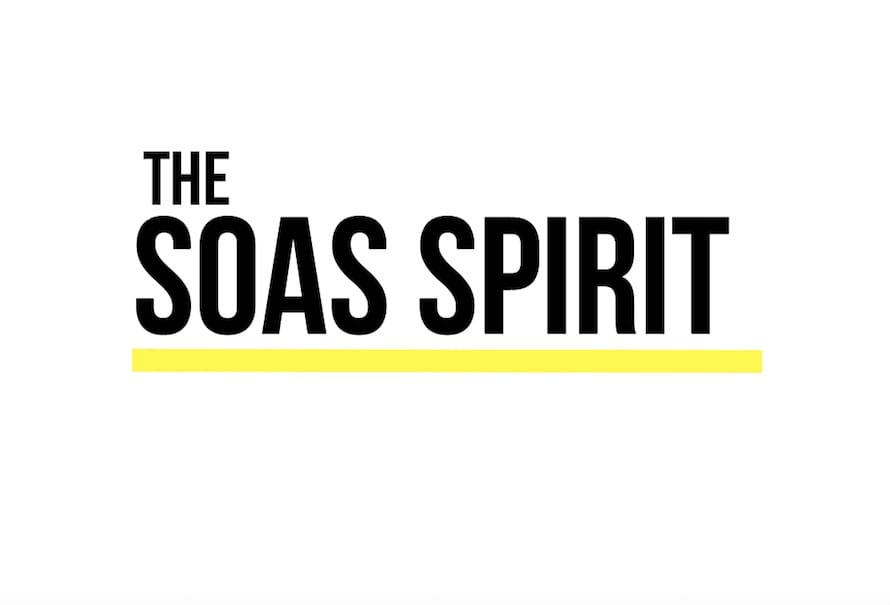Attempted Coup in Gabon

Ines Rodier, BA Politics and Development
On the 7 January, at 4:30 am, a group of junior officers from the presidential guard declared on the national TV station that they had seized power of the Gabonese regime. A few hours later, the government announced that it had neutralised the soldiers involved in the coup and that the situation was under control.
“Gabon is also considered stable economically and politically, even though one-third of its population lives in poverty.”
This attempt of coup surprised many. In fact, on the scale of countries likely to have a coup in 2019, Gabon was ranked 47th in sub-Saharan Africa. According to the BBC, Gabon is also considered stable economically and politically, even though one-third of its population lives in poverty. Additionally, since the beginning of his mandate, President Ali Bongo Ondimba has been focusing on diversifying the oil-centred economy. Furthermore, the military has had historic ties to the family of President Ali Bongo Ondimba and is thus seen as very loyal to the regime.
What were the reasons that led the Lieutenant Kelly Ondo Obiang and junior officers to attempt to overthrow the President?
When looking more deeply into the political situation in Gabon, there are actually many factors that can explain the coup attempt. Nevertheless, the main one appears to be the recent regime crisis with the illness of the President. Following a stroke, while he was in Saudi Arabia in October, Ali Bongo Ondimba has been recovering in Morocco for 3 months, thus leaving his country without a ruler. In his absence, the African Union and the United Nations asked the Gabonese political elites to exercise restraint and to respect the constitutional process regarding the peaceful transfer of power. Yet, instead of following the procedure written in the Constitution: the holding of elections 30 to 60 days after the declaration of a vacancy of power in the presidency; the Constitutional Court amended the Constitution thus maintaining the President in power.
The absence of the President then became increasingly problematic, with his attempts to reach out to his country largely failing to reassure the population. On New Year’s Eve, he sent a televised message saying he was feeling fine. Yet, many noticed he slurred and could not move his right arm, among them the Lieutenant Kelly Ondo Obiang who claimed it was a “relentless attempt to cling onto power”. Therefore, the coup was the logical consequence of a power vacuum, which has historically in Africa, opened the door to military intervention.
But then, why did the coup failed?
Naunihal Singh, Assistant Professor at the Naval War College and author of “Seizing Power: The Strategic Logic of Military Coups” has noticed that coups are more likely to be successful if the ‘plotters’ “send credible signs to potential supporters that a coup will succeed”. Yet, in the case of Gabon, the plotters were relatively anonymous and low-rank. Additionally, they admitted that their coup did not have enough support yet. In fact, according to African Arguments, “it seems that none of the coup leaders’ colleagues in the barracks heeded their call to help overthrow the government.” Furthermore, the power vacuum actually did not remain for very long, with the Constitutional Court transferring presidential powers to the Prime Minister during the absence of the President. Finally, there is a growing regional hostility towards coups, resulting in them being riskier and less likely to succeed.
What is the current situation?
The President of Gabon has now returned to his country, a week after the military coup was thwarted. He appointed a new government on Saturday the 13th of January and nominated Julien Nkoghe Bekale to replace Emmanuel Issoze-Ngondet as Prime Minister. While the political situation seems to have returned to normal, the coup has risen many questions about the President’s legitimacy in the eyes of the Gabonese population. In fact, the grip of the Bongo family on the state has been made even more obvious with its reaction to the coup.
One threat to the stabilisation of the situation could come from the opposition, led by Jean Ping. African Arguments states that Ping “along with many analysts believe he was the true winner of the 2016 presidential election and still claims to be Gabon’s president-elect”. In fact, he has used the current crisis to call for a popular uprising against the President Ali Bongo Ondimba.



